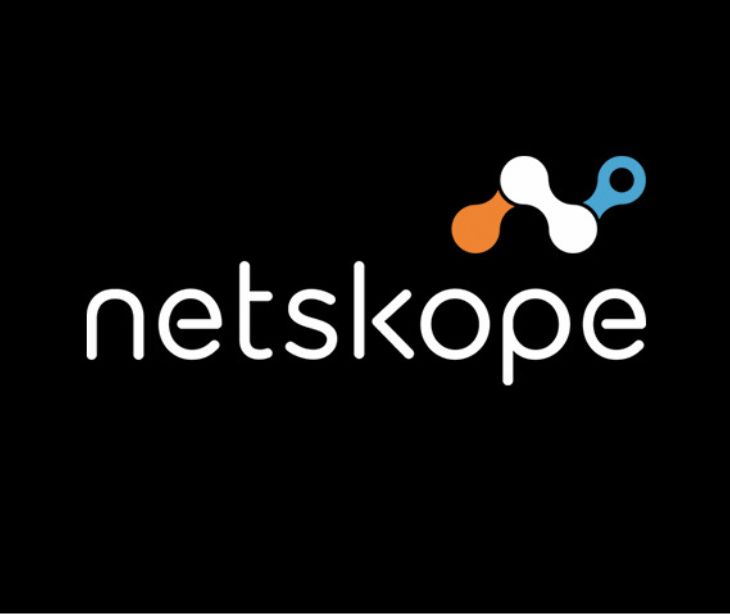
Cyber attacks pose a threat to the healthcare industry, with severe consequences. A consolidated security platform can enhance cybersecurity defenses, streamline operations, and reduce costs. Investing in integrated solutions and taking proactive measures can help mitigate the risk of cyber attacks and safeguard sensitive patient data.
The growing threat landscape
The healthcare sector has witnessed an increase in cyberattacks in recent years. According to Check Point Research, the healthcare industry experienced a staggering 60% increase in weekly attacks in 2022 compared to the previous year, averaging 1,426 attacks per week. This rise in attacks can be attributed to various factors, including the increasing value of sensitive patient information and the proliferation of internet-connected devices within healthcare environments.
Related: Best Practices for securing medical IoT devices
The impact of cyberattacks on healthcare organizations
Successful cyberattacks on healthcare organizations can have devastating consequences. A survey by the Ponemon Institute revealed that over 20% of healthcare organizations reported increased patient mortality rates following a cyber attack. Additionally, 57% of organizations reported poor patient outcomes due to such attacks. These findings underscore the importance of implementing cybersecurity measures to protect patient safety and well-being.
Common types of attacks in the healthcare industry
Several types of attacks pose a threat to healthcare organizations:
- Cloud compromise: Attackers exploit vulnerabilities in cloud infrastructure to gain unauthorized access to healthcare systems and data.
- Ransomware: This type of attack involves encrypting critical systems and demanding a ransom for their release, often resulting in downtime and disruption of services.
- Business email compromise (BEC) and phishing: Attackers use fraudulent emails to deceive healthcare staff into providing sensitive information or executing malicious actions.
- Supply chain attacks: Cybercriminals target third-party vendors and suppliers to gain unauthorized access to healthcare networks and systems.
Understanding the reasons behind targeted attacks
The healthcare industry remains a prime target for cyber attacks due to several key factors. One main reason is the massive amount of sensitive and confidential patient information collected and stored by healthcare organizations. This information can be highly valuable to attackers, who may exploit it for blackmail or targeted attacks on individuals.
The digitalization of healthcare systems has also introduced an explosion of Internet of Things (IoT) devices and medical devices such as insulin pumps and defibrillators. Unfortunately, many of these devices were not designed with security as a primary concern, making them vulnerable to attacks.
Additionally, the limited funds allocated for cybersecurity in healthcare organizations, coupled with a lack of cyber education among healthcare workers, further contribute to the industry's vulnerability to cyberattacks.
Read also: What are Internet of Things (IoT) attacks?
Implementing a consolidated security platform
Organizations should consider implementing a consolidated security platform to prevent the spread of cyber attacks in the healthcare industry. Consolidating security solutions offers several advantages:
- Simplified security operations: Organizations can streamline security operations and improve efficiency by reducing the number of disparate tools. This allows security teams to focus on proactive threat hunting and incident response rather than managing multiple tools.
- Enhanced visibility: A consolidated platform provides organizations visibility into their security landscape. This visibility enables faster threat detection and response, minimizing the potential impact of cyberattacks.
- Improved defense capabilities: Integrated platforms offer a holistic approach to cybersecurity, combining multiple security functions such as network security, endpoint protection, and threat intelligence. This defense approach strengthens an organization's ability to detect and mitigate cyber threats effectively.
Potential challenges and considerations
While security consolidation offers numerous benefits, there are some considerations to keep in mind:
- Vendor selection: Organizations should conduct thorough research to select a vendor that aligns with their specific cybersecurity requirements. Factors to consider include the vendor's reputation, product capabilities, and compatibility with existing infrastructure.
- Integration complexity: Consolidating security solutions may require integrating existing tools and systems, which can be complex and time-consuming. Organizations should carefully plan and execute integration processes to minimize disruptions and ensure a smooth transition.
- Training and adoption: Consolidating security tools may require training and upskilling security teams to utilize the new platform effectively. Adequate training and support should be provided to ensure a seamless adoption process.
In the news
Healthcare organizations remain underprepared for the scope of cyber threats, according to a Kroll report. Despite often self-assessing as having "very mature security," healthcare is one of the most breached sectors, revealing a discrepancy between perceived and actual cybersecurity readiness. Kroll's research indicates the need for better end-point security, especially as cyber threats increasingly exploit external remote services.
Healthcare systems are 65% less likely to fully outsource cybersecurity services compared to other industries, contributing to a "self-diagnosis gap." This gap is concerning, given that cyber incidents can disrupt hospital operations and jeopardize patient care. Although nearly 50% of healthcare organizations believe their cybersecurity processes are mature, only 3% actually have mature processes in place.
Remote access remains a vulnerability, with ransomware groups frequently gaining initial access through external remote services. The report suggests that healthcare organizations need to enhance their defenses, particularly at the perimeter level. As government scrutiny and accountability increase, especially at the C-suite level, healthcare leaders must prioritize cybersecurity measures to protect their systems and patient data.
FAQs
What is cybersecurity in healthcare?
Cybersecurity in healthcare involves the protection of electronic information and assets from unauthorized access, use, and disclosure.
What are the policies of cybersecurity?
Cybersecurity policies focus on defining and protecting confidential data, ensuring secure data transfer through encryption and access controls, and establishing clear reporting mechanisms for scams, privacy breaches, and security threats to ensure timely response and resolution.
How can individuals and organizations protect themselves from cyberattacks?
- Strong passwords: Use complex and unique passwords for different accounts.
- Security software: Install and regularly update antivirus and antimalware software.
- Employee training: Educate employees about cybersecurity best practices.
- Regular backups: Regularly back up necessary data to a secure location.
How do cyber attacks impact healthcare operations and patient care?
- On average, cyberattacks take healthcare organizations offline for six hours, with smaller hospitals commonly being offline for 9 hours or more.
What are the consequences of cyberattacks on healthcare organizations?
Subscribe to Paubox Weekly
Every Friday we'll bring you the most important news from Paubox. Our aim is to make you smarter, faster.



